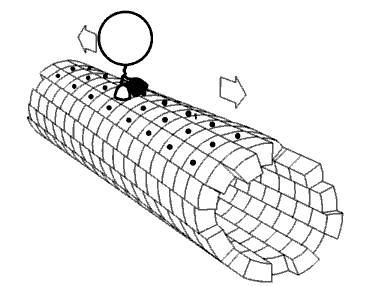
Photo from academic.microsoft.com
Statins are the inhibitors of 3-hydroxy-3-methylglutaryl coenzyme A (HMG-CoA) reductase. This enzyme catalyzes conversion of HMG-CoA to mevalonate, which are the intermediates in cholesterol biosynthetic pathway. Statins also play an… Click to show full abstract
Statins are the inhibitors of 3-hydroxy-3-methylglutaryl coenzyme A (HMG-CoA) reductase. This enzyme catalyzes conversion of HMG-CoA to mevalonate, which are the intermediates in cholesterol biosynthetic pathway. Statins also play an important role in carcinogenesis, because they are able to affect the cancer cell metabolism. Their effect has been observed in several cellular processes, such as angiogenesis, metastasis, apoptosis and cell proliferation. However, these effects are highly dependent on type of cancer and individual statins vary in their antitumor potential. This review summarizes the recent epidemiological evidence and preclinical studies that showed effects of all clinically used statins in vitro and in vivo. We also consider the results of different observational and retrospective studies focused on association among statins and cancer risk which are still under open discussion.
Journal Title: General physiology and biophysics
Year Published: 2017
Link to full text (if available)
Share on Social Media: Sign Up to like & get
recommendations!